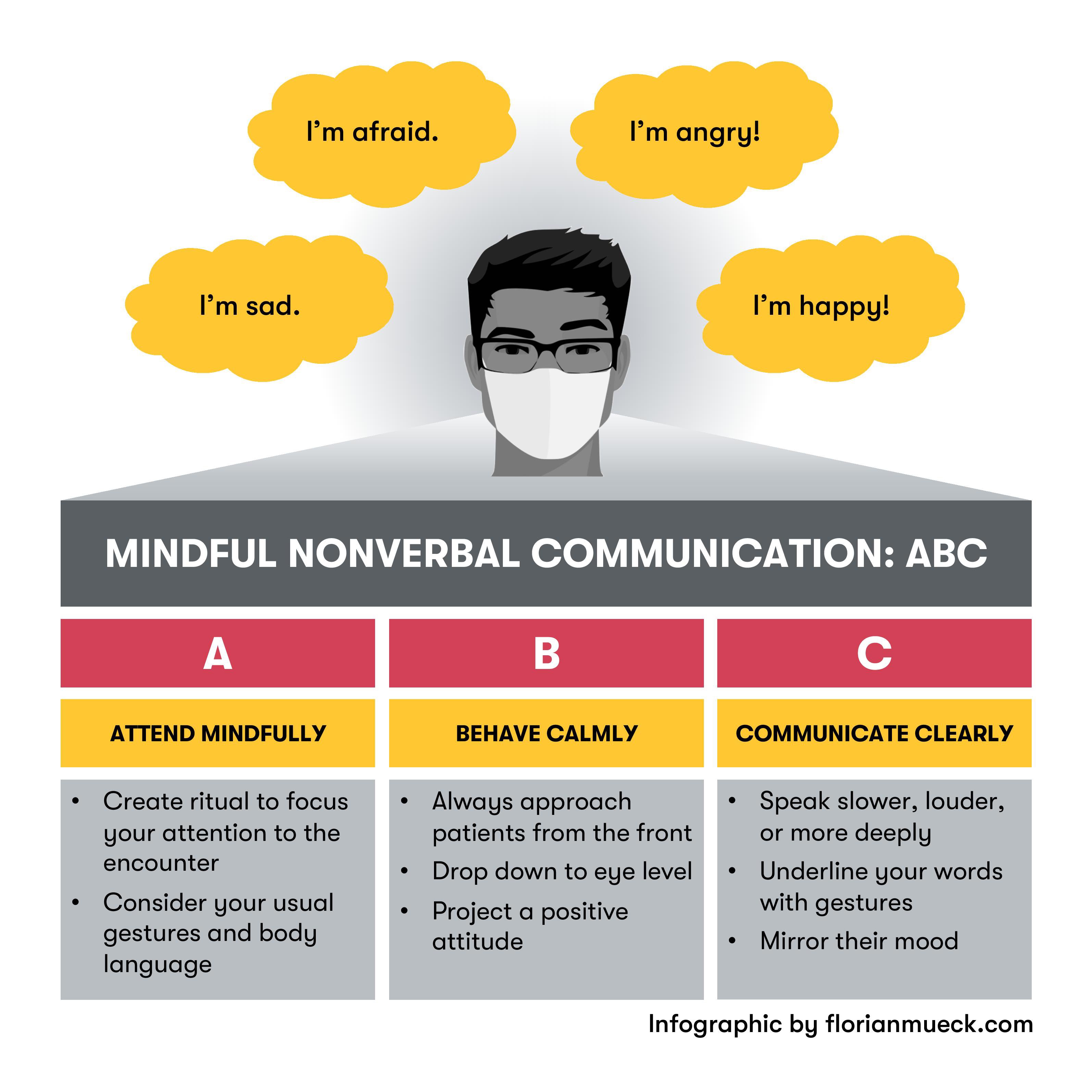Mathias Schlögl, MD, MPH specialises in internal and geriatric medicine with a special interest in palliative care. One of his clinical and research interests is communication. He works at the University Clinic for Acute Geriatric Care at the City Hospital Waid in Zurich, Switzerland and is a student in the European Academy of Ageing (EAMA). Christopher A. Jones, MD, MBA is the director of Outpatient Non-Oncology Palliative Care services at PennMedicine in Philadelphia, PA. He is fellowship trained in Geriatric Medicine and Hospice and Palliative Medicine and is the Deputy Editor for the journal Palliative Medicine Reports. Here they discuss their recent Letter to the Editor Maintaining Our Humanity Through the Mask: Mindful Communication During COVID-19 in the Journal of American Geriatrics Society (#JAGS).
For most of us, we have some special reason why we have chosen the field of medicine. Right now, COVID-19 is a challenging time for all of us, and especially for our patients. A couple of weeks ago, Mathias Schlögl, MD, MPH, had to deliver some bad news to a patient while wearing personal protective equipment (PPE). "After several years of communication skills training, I realised that what I was trained to do and have practised with care and intention didn’t translate well through a mask".
Think about many of the ‘hard conversations’ (and even not-so-hard ones) you’ve had with patients. When done well, the beeper is silenced, the room arranged, the team including the care nurse assembled, tissues and water available, and undivided attention is given to the patient. Families are present to help elders with complex topics and a caring, unrushed style is used. Contrast that with life with COVID: unstable patients divert attention frequently, families are prohibited or, at best, piped in via Skype/Zoom, and a limited team ventures into the room wearing PPE, including gowns, masks, and eye protection.
Now, layer in the complexities of caring for geriatric patients. We all know that the care of older adults frequently involves communication challenges: delivering bad news, supporting a patient through periods of functional or cognitive decline, and establishing appropriate goals of care in the setting of serious or life-threatening illness. Delirium, dementia, or depression can further muddy the waters. It can feel impossible in the best of times and.... this is not the best of times.
How can anyone cope with this? In our recently published paper in the Journal of the American Geriatrics Society, we’ve suggested a concrete approach to effectively overcome the communication barriers created by the pandemic. We hope that it will be as easy to remember as the ABCs.
When preparing to communicate from behind PPE with an older person (or really, anybody):
- Attend Mindfully to the situation. Reflect on the asymmetries of the encounter and remember your typical communication style – with all of its gestures, tones, and warmth. Prepare to use those nonverbal cues during the interaction.
- Behave Calmly throughout the encounter. Especially for those with cognitive and physiologic barriers, approach from the front, bend down to eye level, and ensure you can be heard and understood in spite of the PPE barrier. A calm, warm, open demeanour will make the encounter more fruitful.
- Communicate Clearly with the older person. Employ the gestures true to your typical style, keep your voice even, and sympathetically mirror the gestures and tone of the older adult.
Certainly, these techniques will not solve all pandemic related communication problems with vulnerable older people. We hope that they offer our colleagues around the globe a framework to connect with patients and maintain a bit of our collective humanity as we navigate this pandemic together.
Download the PDF infographic MINDFUL NONVERBAL COMMUNICATION: ABC
